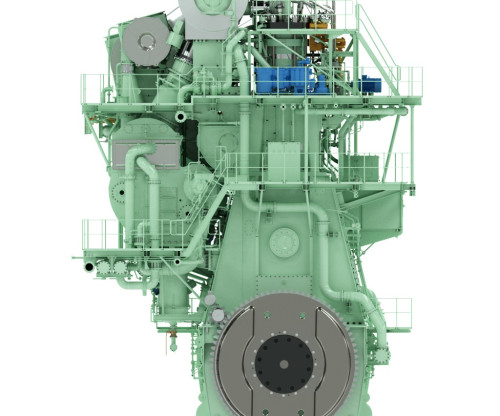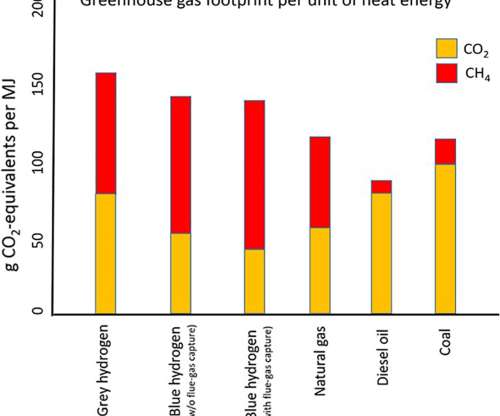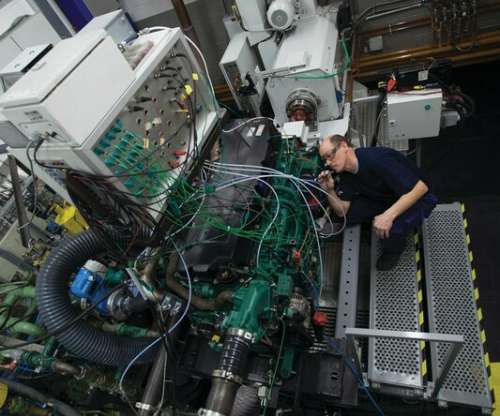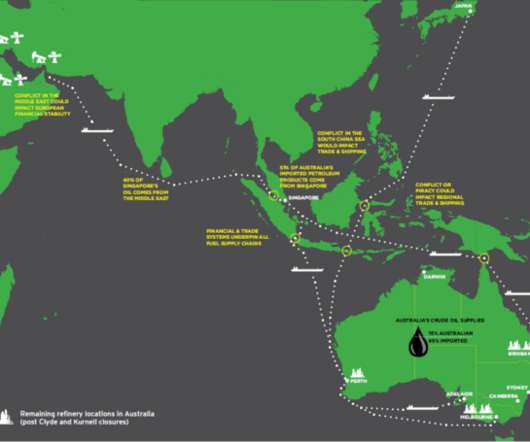First orders for MAN G80 dual-fuel methanol engine
Green Car Congress
MARCH 10, 2023
(HJSC) have respectively ordered seven and two MAN B&W G80ME-LGIM dual-fuel engines in connection with the construction of 9 × 9,000 TEU container vessels for HMM Co., As such, methanol is quickly becoming the most prominent alternative fuel in the container vessel segment. the major South Korean integrated-logistics company.










































Let's personalize your content